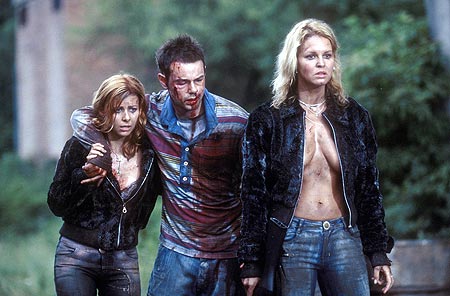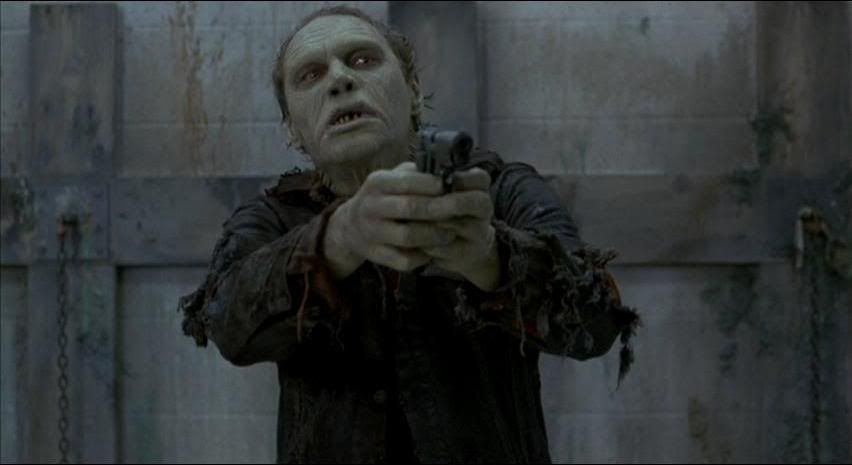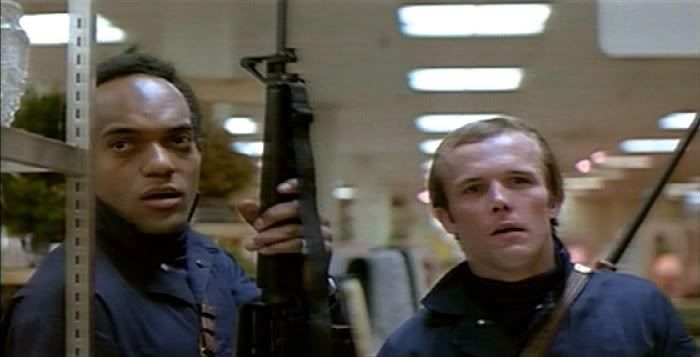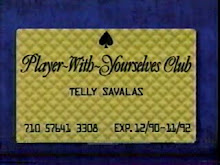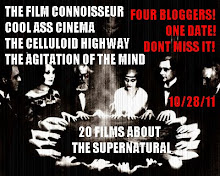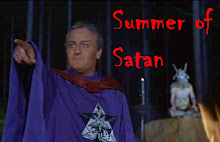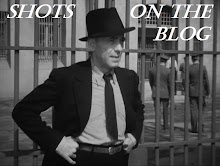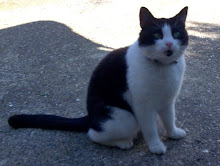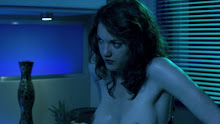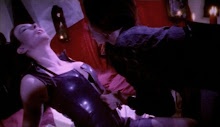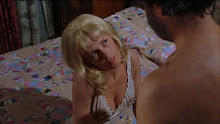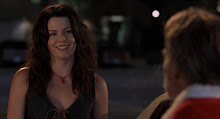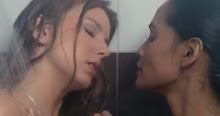 Pray indulge me in a couple of paragraphs of name-dropping, tenuous connections and simpering fanboy subjectivity. Still with me? Good. Here goes:
Pray indulge me in a couple of paragraphs of name-dropping, tenuous connections and simpering fanboy subjectivity. Still with me? Good. Here goes:I share a birthday - today - with Kirsten Dunst. I also share said birthday with Willie Nelson, Burt Young and the King of Sweden, but while Mr Nelson has cut some damn good records, Burt Young has fetched up in a Peckinpah movie ('The Killer Elite') and the King of Sweden is ... well ... the main royal dude in Volvo-Land, it's Ms Dunst I'm turning my attention to because, quickly frankly, she wins out in the cuteness and likeability stakes.
Now, in the interests of fairness, it has to be said I've never met Kirsten Dunst (nor have I ever met Messrs Nelson, Young or K of S), so it's an open field as to whom might prove the better drinking buddy or make that decisive shot in a game of doubles round the pool table. I'm basing my bias solely on the impression I get from Kirsten Dunst's onscreen persona. And - I say it again - it's purely subjective. A personal predilection. But when I watch Ms Dunst - in any movie (and how many actresses would I have sat through 'Bring It On' for?) - I get the same feeling, the same borderline adoration that, say, Audrey Tatou inspires in 'Amelie', or Amy Adams in 'Enchanted'.
This is something that my partner is likely to read, so I'd best curtail these musings before I'm summarily evicted to the doghouse, birthday or no birthday, and get to the business at hand:
'Elizabethtown'. Which is, in my humble opinion, Cameron Crowe's best film. At this point, I'm guessing the average response is going to be: Yeah whatever, you're only saying that because you fancy the leading lady. Take a cold shower, say five Hail Marys and watch 'Almost Famous' again. Good call. 'Almost Famous' is arguably Crowe's purest film: like 'Elizabethtown', it is free of the metaphysical pretensions of 'Vanilla Sky' and unburdened with the histrionics that marred 'Jerry Maguire' (even now, just thinking about Cuba Gooding Jnr jumping up and down bawling "Show me the money" makes me want to punch him).
'Elizabethtown', though ... the first time I saw it, it reminded me why I love movies.
The opening sees shoe designer Drew Baylor (Orlando Bloom) summarily dismissed after his bold new design for a sports shoe spectacularly fails, costing the company millions. $974 million, to be exact. "You can kind of round it off to a billion," CEO Phil DeVoss (Alec Baldwin) wryly opines. Depressed, dumped by trophy girlfriend Ellen (Jessica Biel), Drew is in a 'goodnight Vienna' kind of mood. In a sequence that's funnier that it has any right to be, he rigs up his exercise machine with a non-manufacturer-approved attachment: a gleaming, wickedly sharp kitchen knife. Only for the duct tape to give out and the knife fall off at the point of impact.
This is when Drew gets a phone call from his sister Heather (Judy Greer) informing him that their father has just died. Highly-strung Heather is freaking out and demands that Drew drop everything and come home to take charge of the arrangements ("you're the responsible one"). Drew takes a long-haul red-eye flight to Louisville, where his father was visiting family in the town of his birth. Drew's hyperactive mother (Susan Sarandon, in her best performance in years) gives him strict instructions to represent her side of the family and organise the cremation. She is also scathingly critical of the paternal side of the family.
So it is that Drew heads to Elizabethtown, not knowing what to expect. What he finds is a simpler way of life, a genuine sense of community and fraternity; what he learns is the true meaning of family.
On the flight, he meets quirky flight attendant Claire (Dunst at her most radiant). An unlikely friendship develops, then deepens, and Drew eventually realises that his life, far from being over, is just beginning. Their courtship is gently and lovingly sketched: the pivotal telephone conversation, played out against a backdrop of rowdy revellers who overrun the hotel Drew checks into; the drive through the night, just to meet for a few moments ("we peaked on the phone"); Claire accompanying Drew to choose his father's urn; that kiss.
'Elizabethtown' is film of many levels and many emotions: black comedy segues into Capraesque magical realism, family drama rubs shoulders with feel good romance, and the final act evolves into a freewheeling road movie.
Perhaps the most memorable set piece involves a performance of Lynyrd Skynyrd's 'Free Bird' and gives a whole new meaning to the phrase "and the band played on". Music, of course, has always been a hallmark of Crowe's film-making, and 'Elizabethtown' boasts the kind of soundtrack you'd expect. First time I saw the film, at Nottingham's Cineworld multiplex, I headed straight for Virgin afterwards and bought the CD. It's massaged the ears on many a car journey since.
Granted, 'Elizabethtown' slips into sentimentality on more than one occasion, and Crowe pulls a final reel steal from 'Amelie' that shouldn't have been necessary for a director of his calibre, but - ultimately - who cares? 'Elizabethtown' is a beautiful, life-affirming film, best seen with someone you care about.
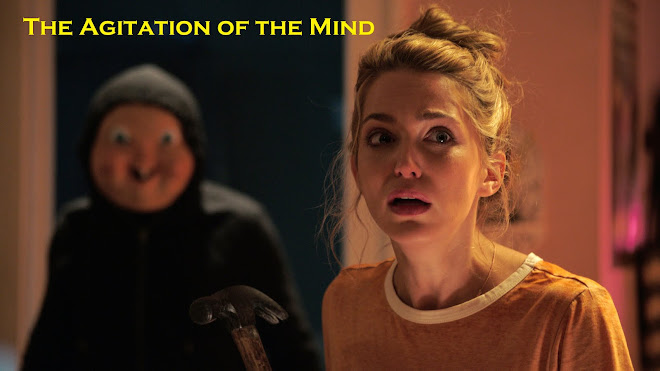


 ‘The Host’
‘The Host’







